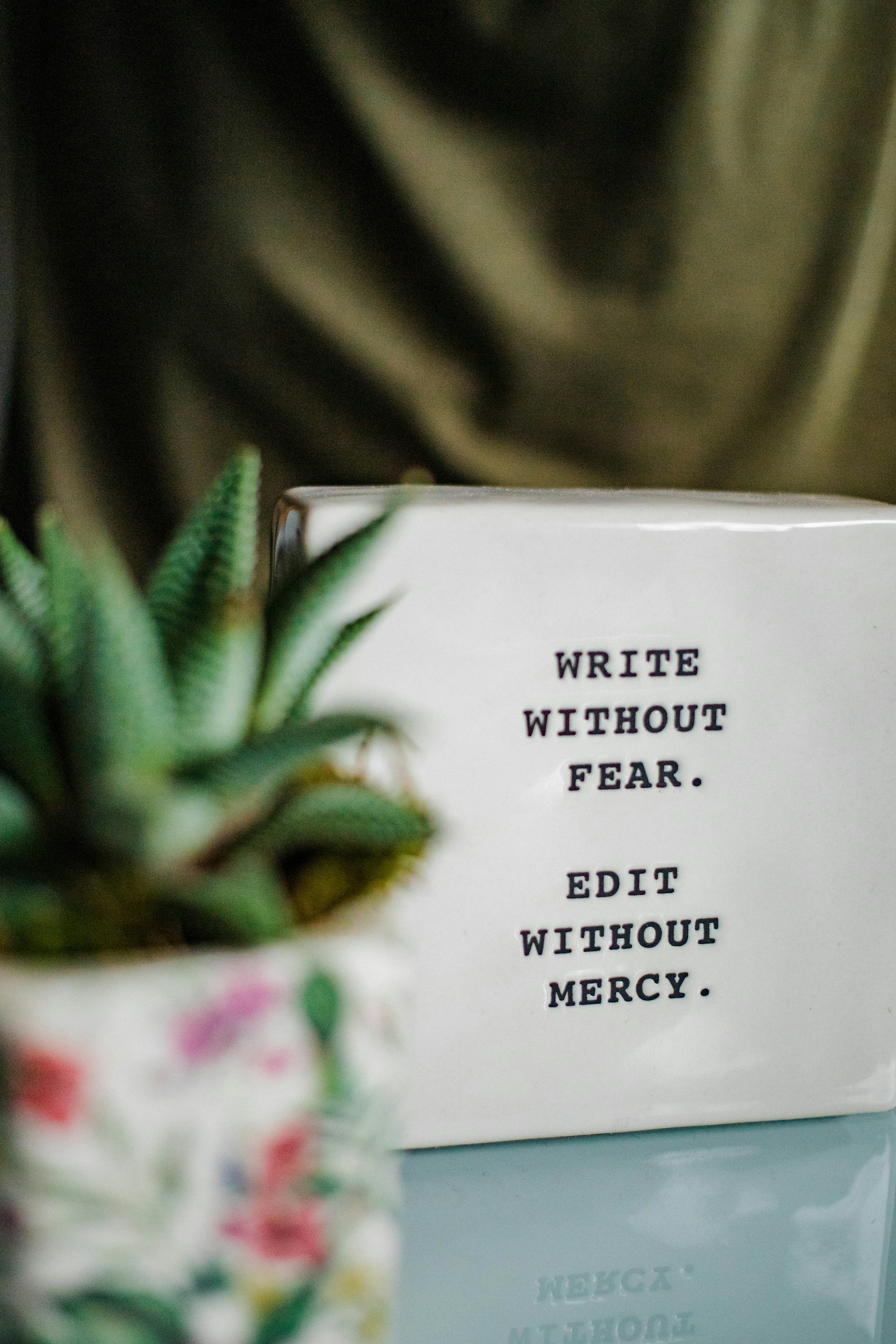Farnaz Fatemi, "Everything Is Made Of Labor"
Even the best believe good writing equates to a “mic drop” moment: say a fact to end all debate and nothing else needs to be written.

“The greatest pleasure in writing is rewriting,” says Donald Hall. I’m consumed with jealousy and anxiety just seeing that; unfortunately, there’s more. In another passage, Hall describes his own labors as bliss: “Writing paragraphs, I looked out the window and wrote about what I saw. Snow was falling, later daffodils were bursting. I luxuriated in the paragraph, the sentence, varieties of fast and slow, rise and fall—improvising toward a final fullness.”
Where to even begin.
My students dread writing. The panic comes over them in stages. A few words on paper fail to soothe—they don’t sound or look right. And it’ll be graded! I’ll be judged! Even the best believe good writing equates to a “mic drop” moment: say a fact to end all debate and nothing else needs to be written.
I dread writing myself. It is too easy to believe I’m saying one thing while others get a distinctly different impression. I’ve learned to offer students encouragement, starting with a mild tone of voice. Some questions to get words out. An exercise to communicate relevance or make it personal. Examples from other authors working with similar themes. More questions to get details, reasons, and stories into the open. The coaching works for them. A product results.

Donald Hall’s command of craft cannot be overstated. The first few paragraphs of “Out the Window” are a masterclass. He is elderly. He starts with the window and where he must sit. What he sees near the window, out the window. How this is the experience not of days, weeks, months, or even a year, but years. Some objects—a barn that’s been in the family for decades, a bird feeder which explodes with life in the spring—feel like they carry the weight of greater temporal cycles. It takes quite a few sentences before another person interrupts his prose.
I’ve learned a lot reading Donald Hall, but I can’t understand his professed lack of fear. I’m always scared by how the words will be received. How easily one can be marked a lunatic, irrelevant, irresponsible, or careless.
***
Farnaz Fatemi playfully pulls an inchworm into the matter of words, and the inchworm becomes the hero. “The worm / is tender,” she declares. While I believe Hall’s “luxuriating” in paragraphs amounts to the same—it takes sensitivity to note “bursting” daffodils—it helps to have this much spelled out.
Everything Is Made Of Labor (h/t Maya C. Popa) Farnaz Fatemi The inchworm’s trajectory: pulse of impulse. The worm is tender. It won’t live long. Its green glows. It found a place to go. Arrange us with meaning, the words plead. Find the thread through the dark.
It’s fine if the craft of writing is nothing but a giant fan letter. It might be a little bit repetitive. “You were great when you fought the one-eyed doctor in Episode 14 of Season 1! Why weren’t you so intense when you had to eject your lover from the airlock in Season 5? I CRIED DAMMIT.”
“Pulse of impulse” has to start somewhere, and joys are a perfectly sensible place to start. “The worm / is tender. It won’t live / long. Its green glows. / It found a place to go.” Joys, “a place to go” though we “won’t live long.” They can receive elaboration just as “green glows.” An exotic, nearly otherworldly color of a most worldly creature. It will turn from green to darker, earthier colors. It will gain wings and fly toward the light.
I’m tempted to sigh. Moths aren’t butterflies; they don’t have the same popularity. It’s not as easy to identify with them or their saga. Their deaths don’t carry as much tragic weight. They often ravage plants, pushing gardeners to take precautions.

Still. Moths fly; “The worm / is tender.” You don’t need intensely personal stories with dramatic twists from a blockbuster movie in order to write. Fan-fiction from green and brown bugs will do. It’s our tenderness that creates this result: “Arrange us with meaning, / the words plead.” You see the word that wants elaboration, and you move.
Inch-by-inch. “Find the thread / through the dark.” I can encourage practices that lead to better sentences and better paragraphs, but finding the thread that guides through darkness seems to be the province of the best writers. I pretty much stumble and smash words together. Sensitivity to an inner logic, to the natures of the things the words indicate, is where I have much to learn from Hall and Fatemi. Some writers use that thread as a tightrope, ascending into the light.
***
References
Quotes by Donald Hall are in the essay "Essays after Eighty" in the volume Essays after Eighty. New York: Houghton Mifflin Harcourt, 2014. 12-13.
